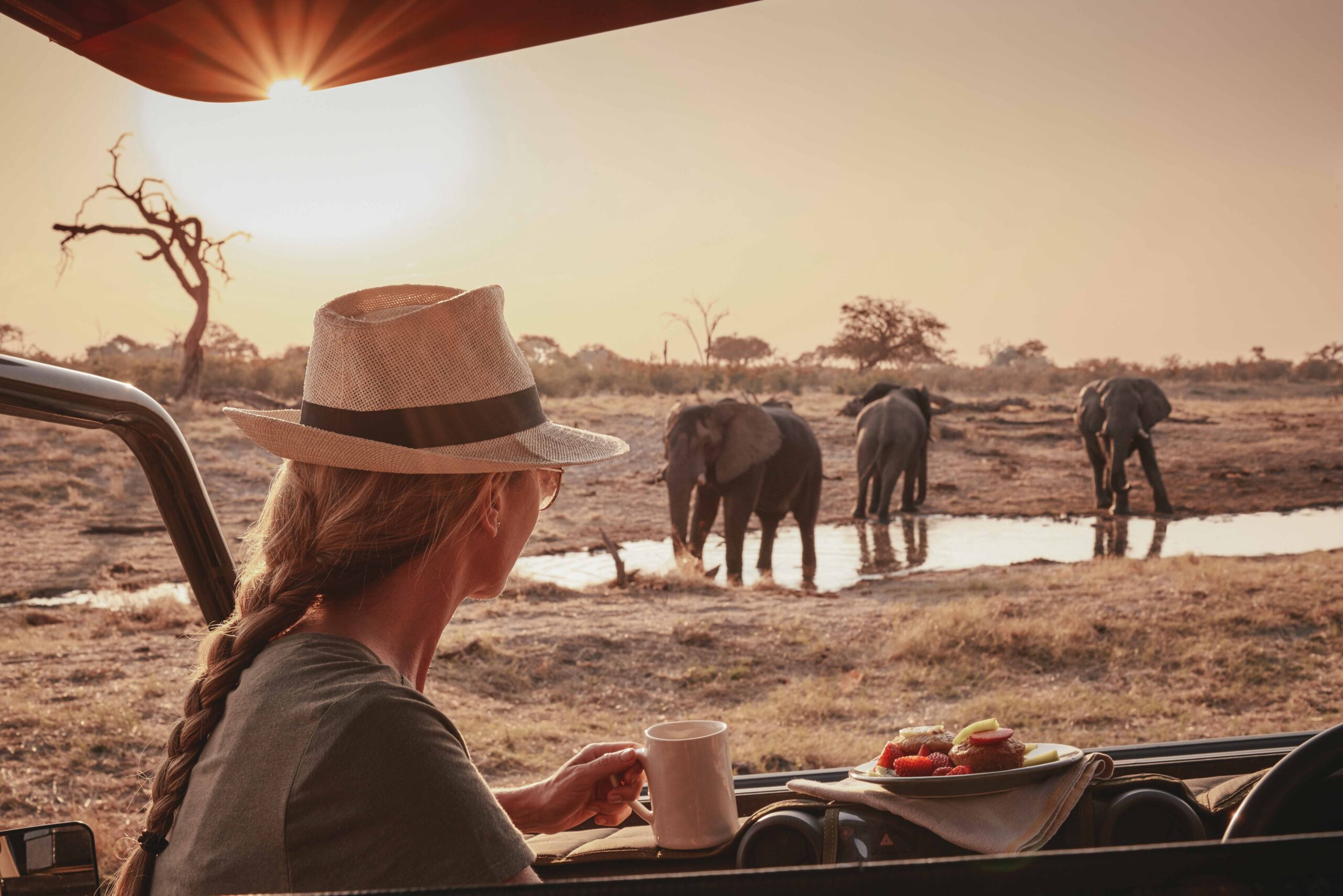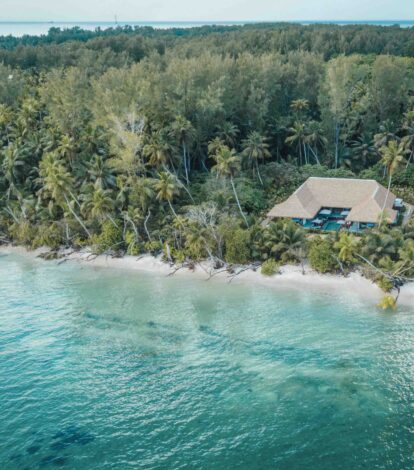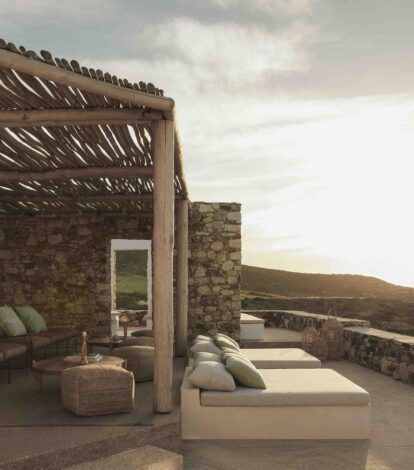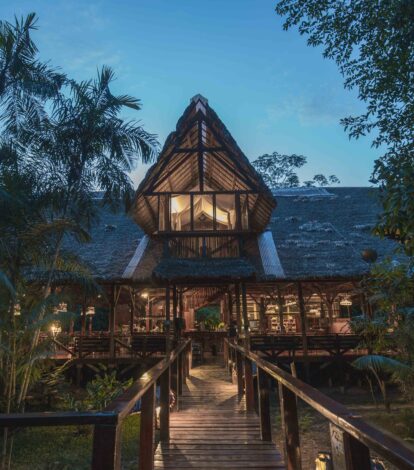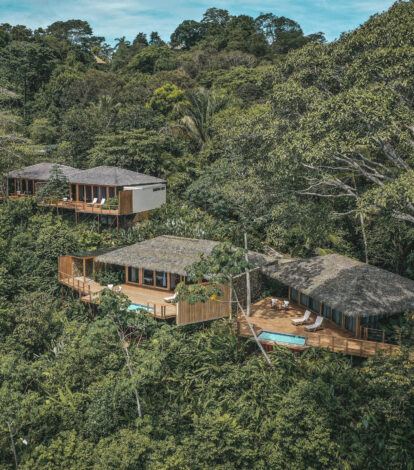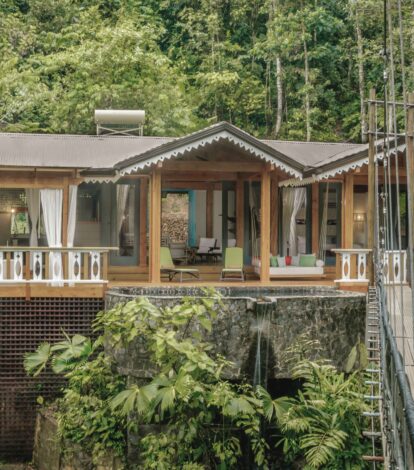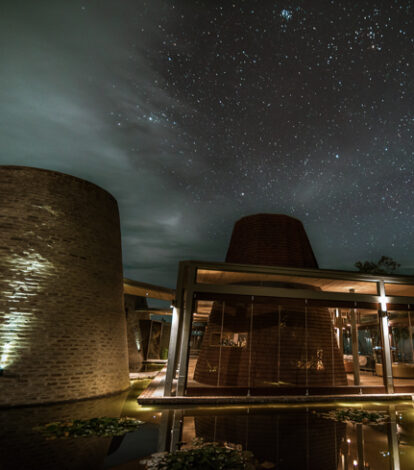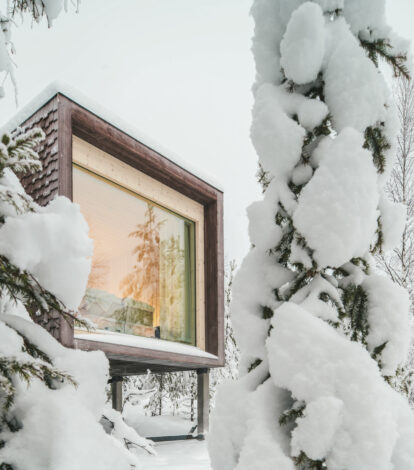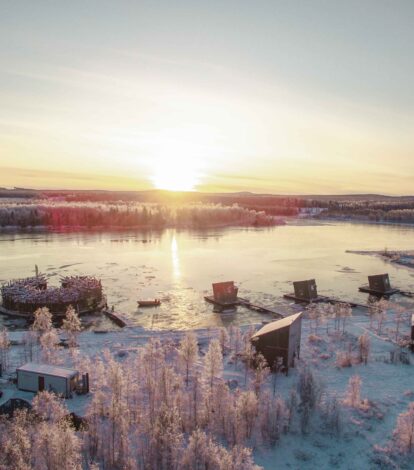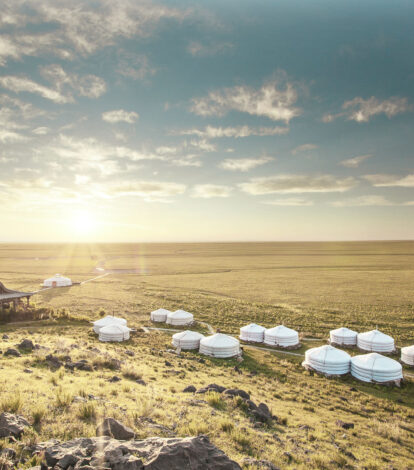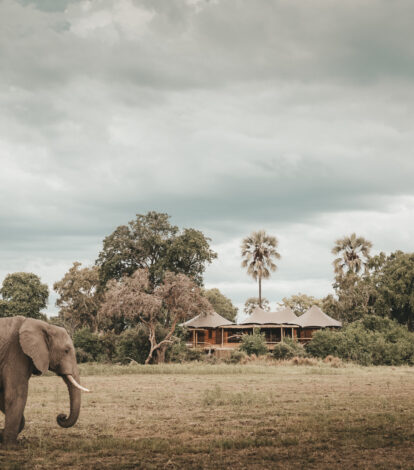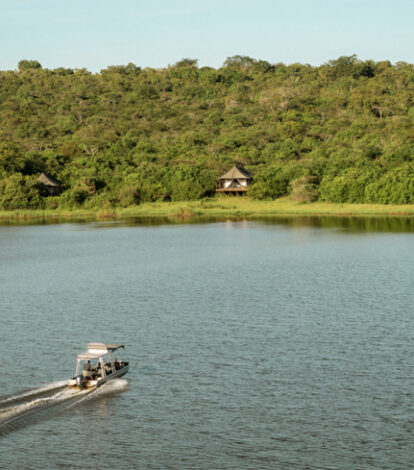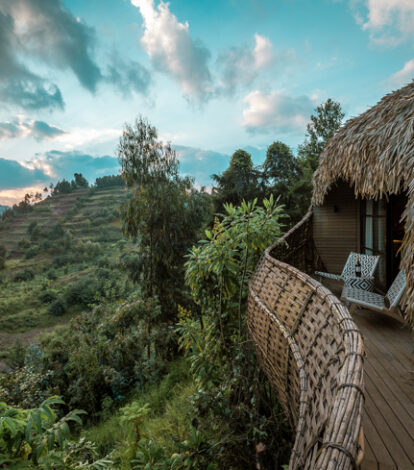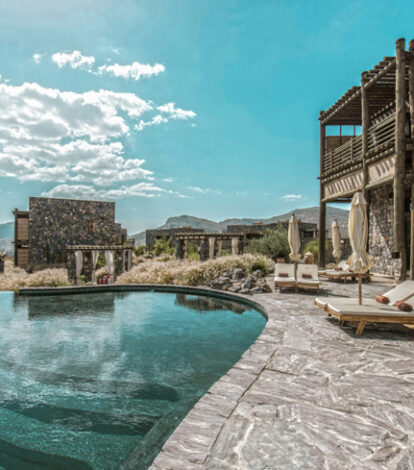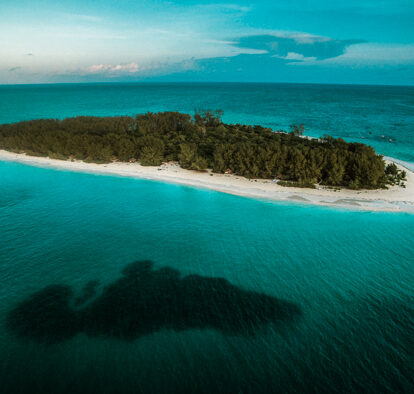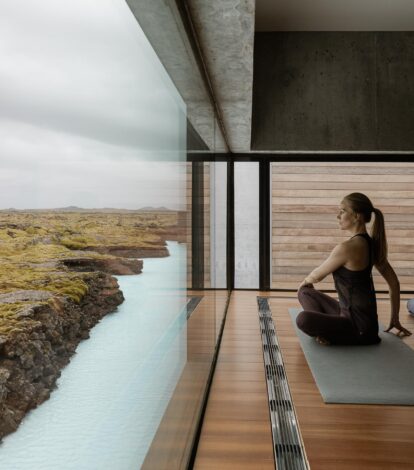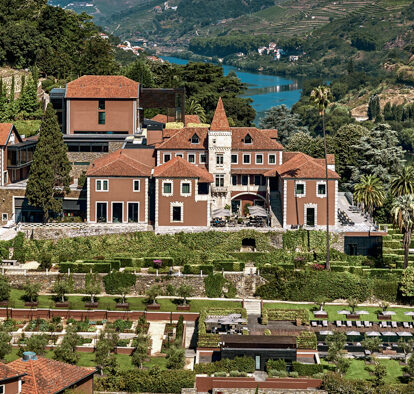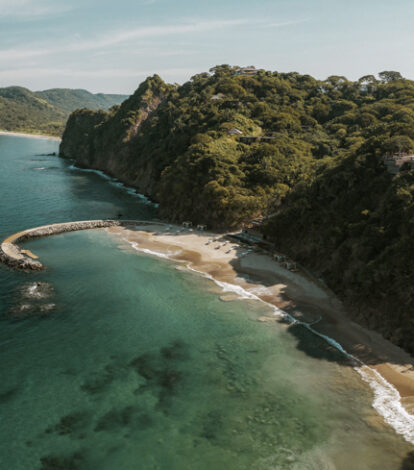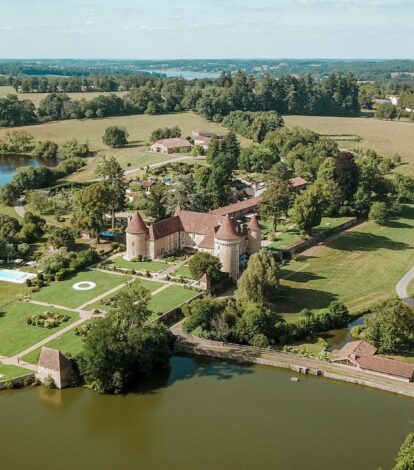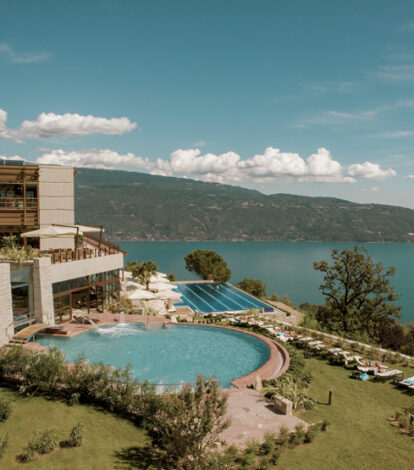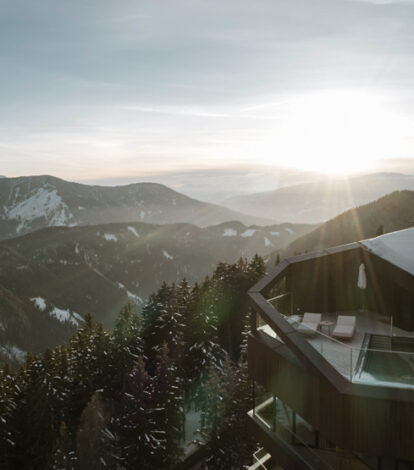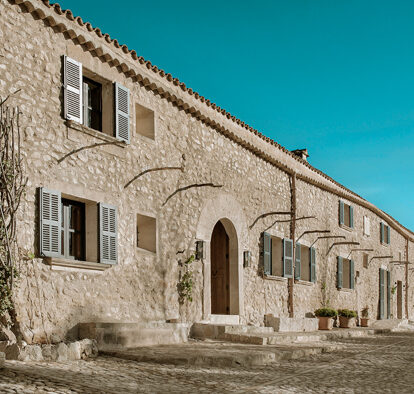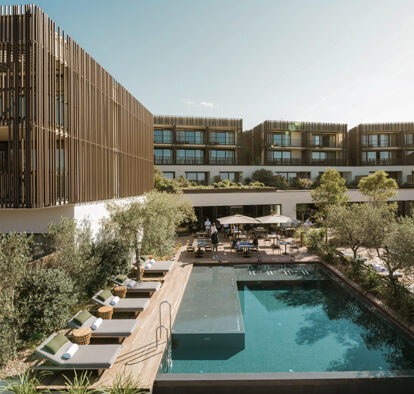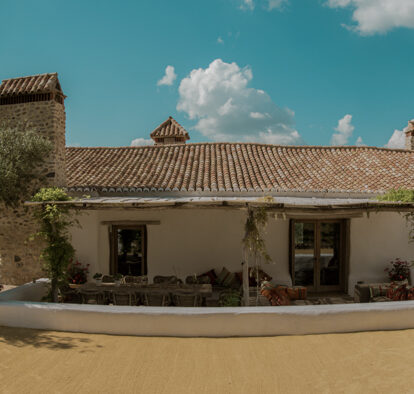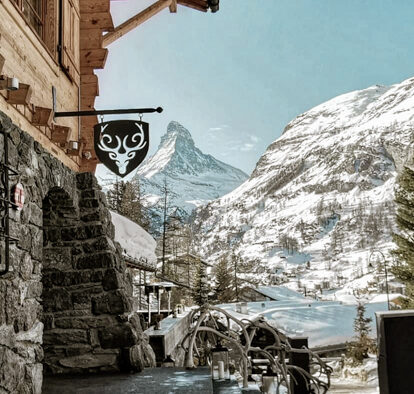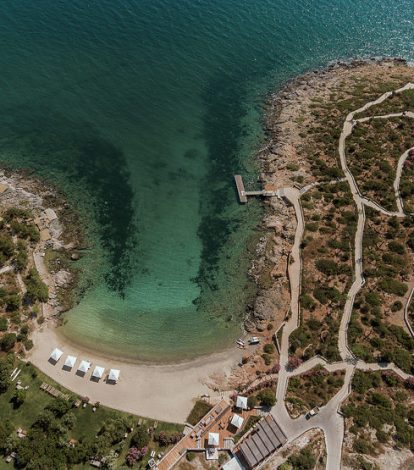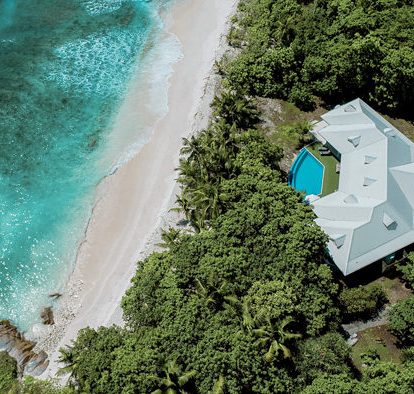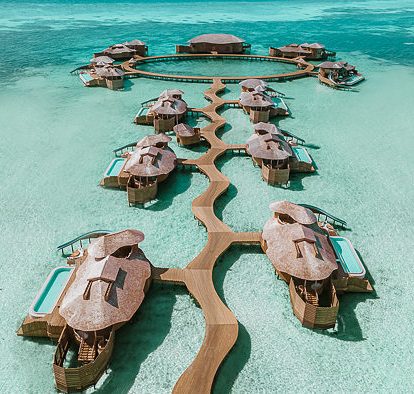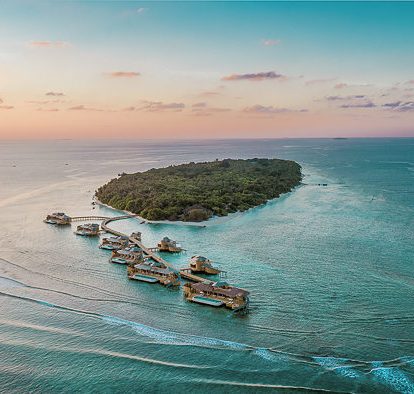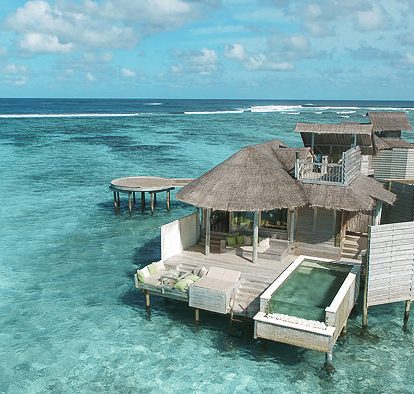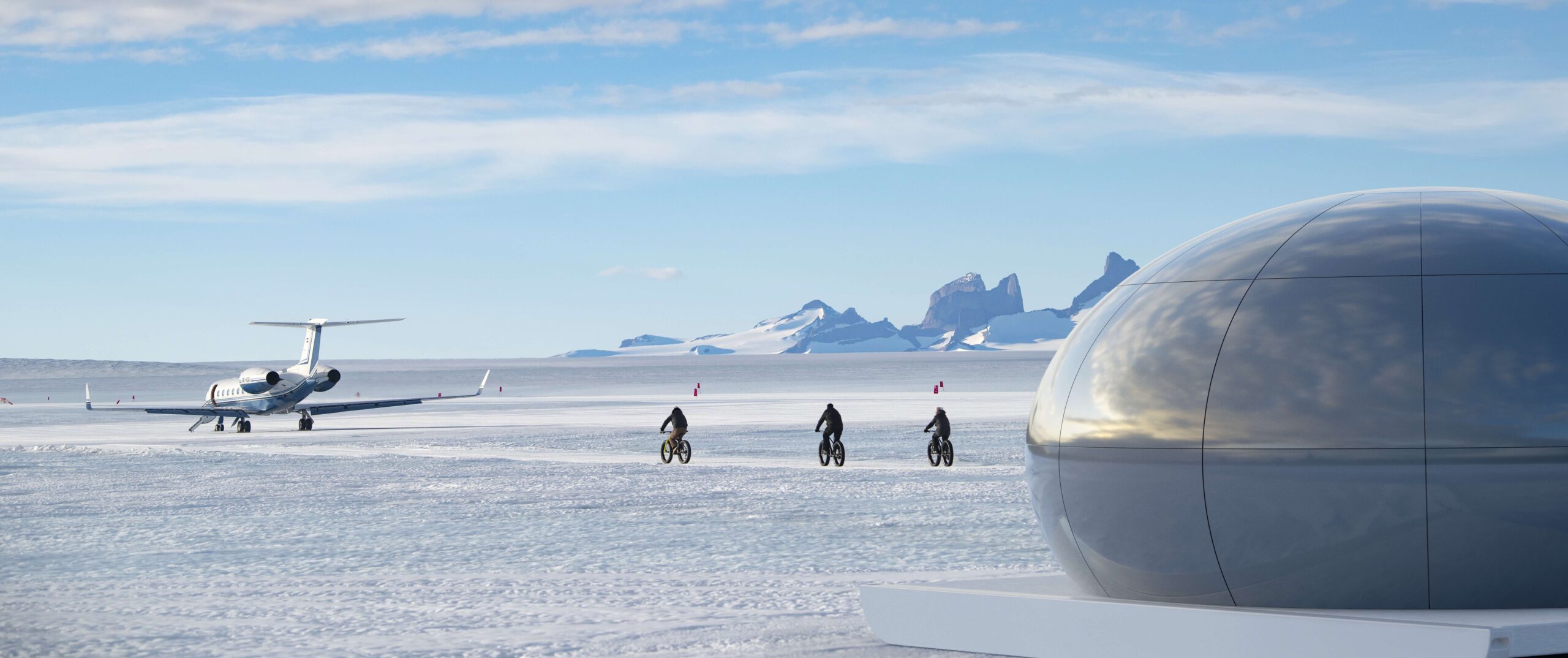The path to fully sustainable travel is not a one-line journey. There are an infinite number of paths and every small change can make a difference.
Everyone is at a different stage in the journey as well. We celebrate how different hotels and destinations are inspiring others with their pioneering practices.
Think of plastic straws and single-use plastic bottles in bathrooms. Hotels who still have these plastics are already out of fashion. So think forward, the changes that some pioneers make now will be the norm we expect in a few years.
Sustainable Energy & Water

How do you power a luxury hotel on an isolated tropical island? The unfortunate answer is a lot of diesel, in big generators out of sight and out of earshot. In the Maldives, Soneva Fushi saved 300,000 litres of diesel per year by switching to solar.
Soneva Fushi and Soneva Jani were also among the first beachfront resorts to desalinate sea water and bottle it in reusable glass bottles. This saves 1.5 million plastic bottles a year.
Decoupling from fossil fuels (diesel and plastic) will ultimately enable us to travel in more remote and wilderness areas, without harming the environments we seek to explore.
Zero-Waste Farm-to-Table Food
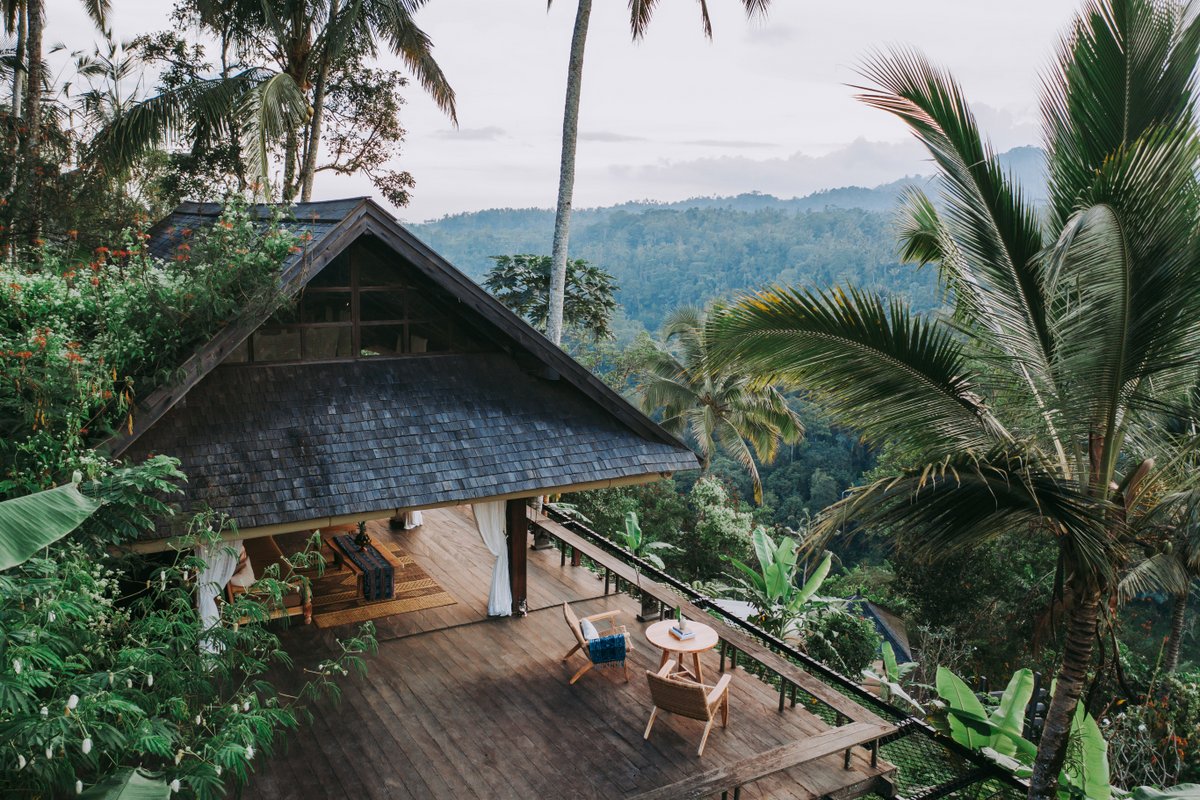
Why travel to the other side of the world to eat the same food you can eat at home? We want to be immersed in all that’s great about a local destination, especially the gastronomy. Farm to table just tastes better and the carbon footprint is so much lower.
Hotel food not eaten by guests can be eaten by other people. Or animals. Or composted, so the carbon returns to the ground to grow new food.
We love the new Buahan, a Banyan Tree Escape in Bali. It’s distinctive as a hotel where the rooms don’t have walls or doors, but also for a zero-waste farm-to-table approach to both food and drink.
Supplier Take Back Programs

In 2017 Six Senses Resorts launched the ambitious goal to be completely plastic free by 2022. The first step was to create an inventory of all the plastics. Their Vice President Sustainability Jeff Smith explains.
During the inventory we found that most of our plastic is not guest facing. It’s in the shipping, receiving and packaging.
By using local suppliers they shortened the supply chain and implemented supplier take back programs. For example, giving fishermen reusable cooler boxes to deliver fresh fish, thereby eliminating single-use styrofoam boxes. Simple and saving tons of waste.
Sustainable Building Materials

The coolest new hotels are being built with local architectural principles and locally sourced materials. It’s more authentic this way. Who wants to stay in a bland hotel that could be anywhere? Celebrating local is where the future is.
There are so many we can celebrate here like Zannier Bai San Ho in Vietnam, Villa Nai 3.3 in Croatia, Six Senses Ibiza, Arctic Bath in Sweden, Bisate Lodge and Magashi Camp in Rwanda.
Want Your Luxury Holiday to be Sustainable?
Tourism Supporting Wildlife Conservation
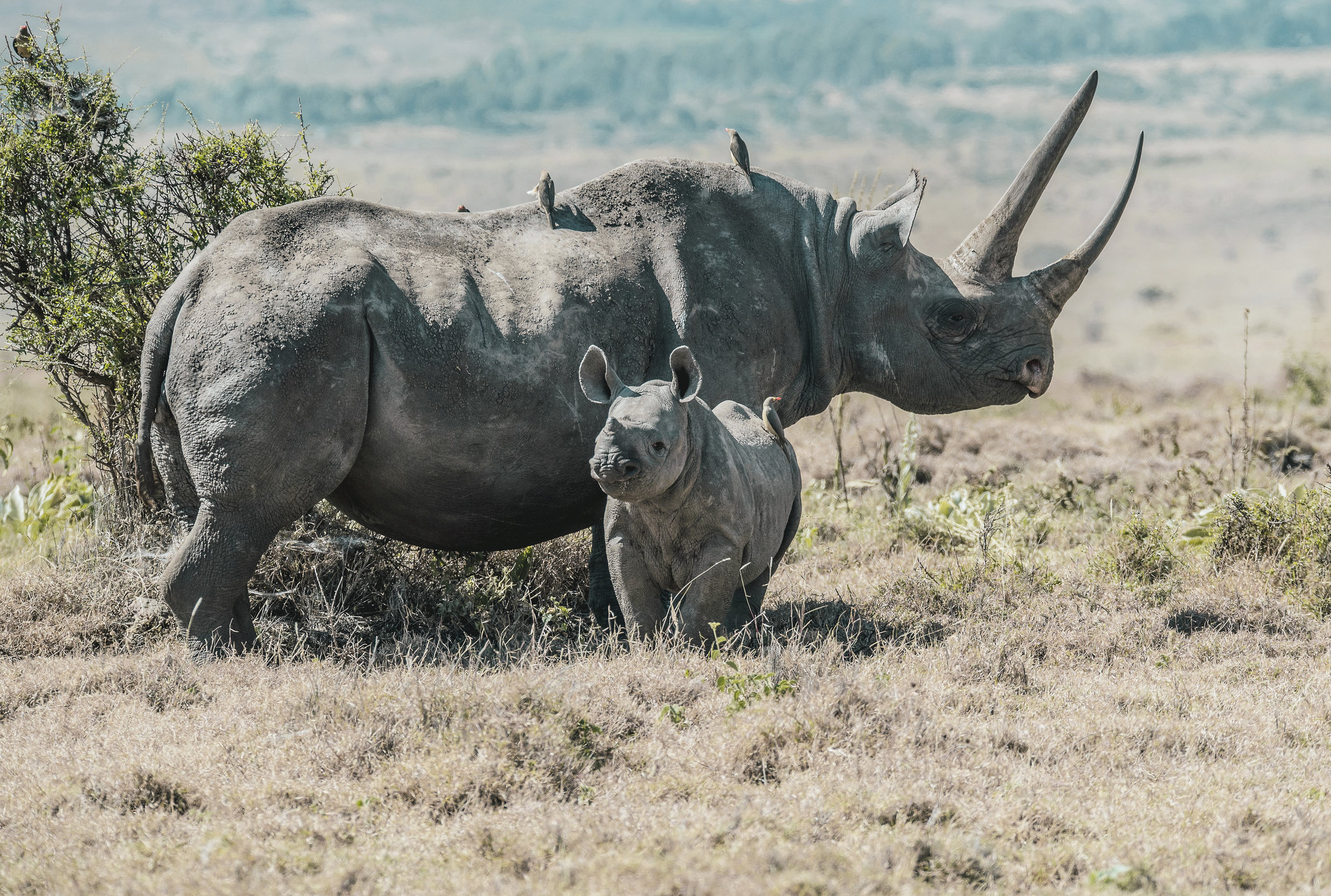
Would the world’s greatest wildlife continue to be wild without tourism? For conservation to be valued it must be acted upon by economically sustainable local communities. High-end safari tourism brings in money so a wilderness can pay its way. Sir David Attenborough explains it best:
No one will protect what they don’t care about. And no one will care about what they have never experienced.
Rhinos don’t make money, they just eat and eat and eat. Rhino numbers in Kenya have doubled in less than a decade thanks to the money from safari tourism. In Botswana there’s a national park with 100,000 elephants! Rwanda’s mountain gorilla population has double in 30 years. Rwanda also reintroduced many native species lost during fallout from the 1994 genocide.
Sustainable Aviation Fuel

Travel is an essential industry. Think of how much we learn from other cultures when we travel. But the biggest challenge facing travelling is the carbon footprint of our flights. White Desert are the only company operating trips into the interior of Antarctica. Founder Patrick Woodhead says;
We could change everything inside Antarctica but we couldn’t change the fuel our jets were burning, so we offset it. Last season we tested 40,000 litres of sustainable aviation fuel. Now we’re transitioning all our fuel to biofuel.
This is where the future of travel is going, super efficient engines burning super efficient fuel with far less carbon.
Energy Positive Hotels

In Arctic Norway there’s a hotel that will be net energy-positive. Six Senses Svart is completely off the grid and will harvest enough solar energy to cover all its operations, boat trips, and its construction.
Slated to open in 2024, it will be the first energy-positive hotel. It will create enough energy to offset all the carbon and energy burnt during construction. Is this not the future of all buildings?
Making Travel More Sustainable for All
We don’t like to describe hotels and destinations as sustainable or not sustainable. That belies the complexity of our collective journey to fully sustainable travel. We can learn from each other, because the most sustainable practices are not only best for the planet, they’re best for our holiday experience as explorers.
